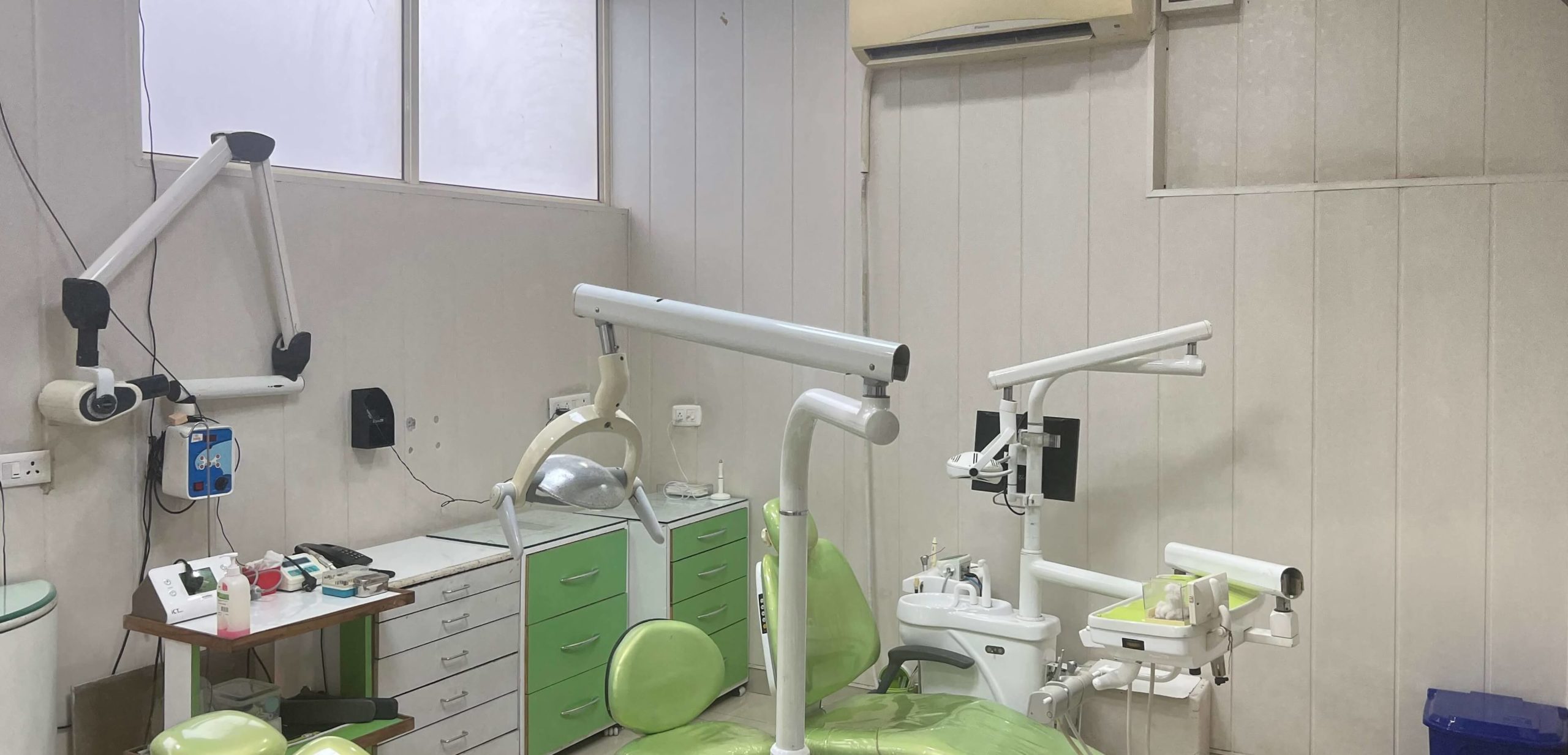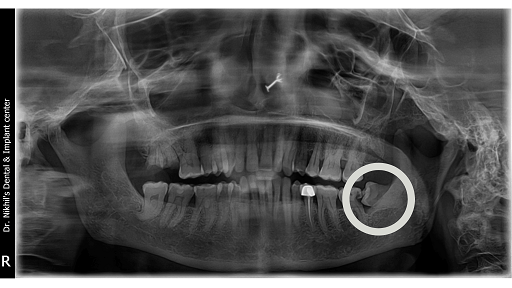In this blog post, we will delve into frequently asked questions (FAQs) about root canal treatment. It is an essential dental procedure aimed at preserving severely damaged or infected teeth. Whether you’re considering a root canal or have one scheduled read on to gain a clear understanding of this critical dental treatment and how it applies in an Indian context.
- What is a Root Canal?
A root canal is a dental procedure performed to save a tooth that has become severely infected or decayed. It involves removing the infected pulp from the tooth’s root canals, disinfecting the area, and then filling and sealing the canals with a biocompatible material. This process is done to eliminate the infection, prevent further damage, and ultimately restore the tooth’s health and functionality.
- When is a Root Canal Needed?
Root canals become necessary when the inner soft tissue, known as the dental pulp, becomes inflamed or infected due to deep decay, cracks, fractures, or trauma. In an Indian context, common causes of dental pulp infection include untreated cavities, improper oral hygiene, and delayed dental treatment. Symptoms that may indicate the need for a root canal include persistent tooth pain, sensitivity to hot or cold, swelling, and tenderness in the surrounding gums. In spite of the above said symptoms many a times even no symptoms require root canal as in cases of chronic decay. It is in regard to those cases which have acquired cavities long long ago and does not pain but infected or dead pulp of the tooth needs treatment.
- Is a Root Canal Painful?
Contrary to popular belief, modern dental techniques and anesthesia have made root canal procedures much more comfortable than they used to be. With proper numbing, most patients experience minimal pain during the procedure. The root canal is performed to relieve the intense pain caused by the infected tooth. In an Indian context, dentists prioritize patient comfort and use local anesthesia effectively to ensure a painless experience.
- Can a Tooth Be Saved Without a Root Canal?
In some cases, alternative dental treatments like dental crowns or fillings may be sufficient to save a tooth that has minor damage. However, if the infection reaches the tooth’s pulp and compromises its vitality, a root canal is usually the best option to prevent the need for tooth extraction. In India, where preserving natural teeth is highly valued, root canals are commonly recommended to save compromised teeth whenever possible.
- How Long Does a Root Canal Procedure Take?
The duration of a root canal procedure depends on several factors, including the tooth’s location and the complexity of the case. Generally, a single-rooted tooth may take about 30 to 60 minutes, while a multi-rooted tooth can take up to 90 minutes or more. An experienced dentist in Panipat, India, will ensure that the procedure is efficient yet thorough to achieve the best possible outcome.
- What Happens After a Root Canal?
After a root canal, your dentist may place a dental crown on the treated tooth to protect it and restore its functionality. This crown, custom-made to match your natural teeth, will not only protect the tooth but also improve its appearance. In an Indian context, where dental aesthetics hold cultural significance, dental crowns are commonly used to enhance smiles after root canal treatments.
- Are There Any Side Effects After a Root Canal?
It is normal to experience mild discomfort and sensitivity in the treated tooth area for a few days after the procedure. Over-the-counter pain medications and following post-treatment care instructions can help alleviate any discomfort. In India, dentists provide patients with comprehensive aftercare guidance, ensuring a smooth recovery.
- How much does root canal cost?
The cost of a root canal procedure can vary depending on factors such as the location of the dental clinic, the tooth’s complexity, and the need for additional treatments like dental crowns. In an Indian context, dental treatments are available at varying price points, and many clinics in Panipat offer affordable root canal treatments without compromising on quality. At Dr. Nikhil’s Dental Root canal procedures typically starts from Rs 3500 and go upto Rs 7500 depending upon the complexity of the case.
- How Long Does a Root Canal Last?
With proper oral hygiene and regular dental check-ups, a root canal-treated tooth can good 5-7 years. Good dental habits, including brushing, flossing, and routine dental visits, play a significant role in the longevity of the treated tooth. Indian dental professionals emphasize preventive care to ensure patients enjoy the lasting benefits of a root canal.
- Can Children Undergo Root Canals?
In India, children may require root canals if they have severely damaged or infected teeth. Pediatric dentists are equipped to determine the appropriate treatment plan for children and ensure their comfort during the procedure. Early intervention through root canals can preserve the natural teeth of young patients and prevent further dental complications.
Conclusion:
In conclusion, if you are seeking expert dental care for root canals or any other dental treatments in Panipat, India, we highly recommend visiting Dr. Nikhil Girdhar with 13 years of experience at Dr. Nikhil’s Dental. With his vast experience, commitment to patient comfort, and use of modern dental techniques, Dr. Nikhil Girdhar ensures that each patient receives personalized and top-notch dental care.
At Dr. Nikhil’s Dental, you can rest assured that your dental health is in capable hands. From the initial consultation to the final restoration, Dr. Nikhil and his team prioritize patient satisfaction and provide comprehensive aftercare guidance to promote a smooth and successful recovery.
Whether you need a root canal, dental crown, or routine check-up, Dr. Nikhil Girdhar’s clinic offers a welcoming and comfortable environment where your oral health is the top priority. Don’t hesitate to schedule an appointment and experience the benefits of exceptional dental care at Dr. Nikhil’s Dental in Panipat.
Remember, your dental health is an essential aspect of your overall well-being, and timely dental care can help you maintain a beautiful and healthy smile for years to come. We hope this FAQ guide has been informative and helpful in addressing your root canal concerns. Stay tuned to our blog for more dental tips and information on maintaining optimal oral health.
Thank you for joining us on this dental journey, and we wish you the best of dental health with Dr. Nikhil Girdhar at Dr. Nikhil’s Dental!
Book your appointment now at https://panipatdentist.com/book-now/
Follow us on our instagram channel https://www.instagram.com/nikhildental/








Leave A Comment